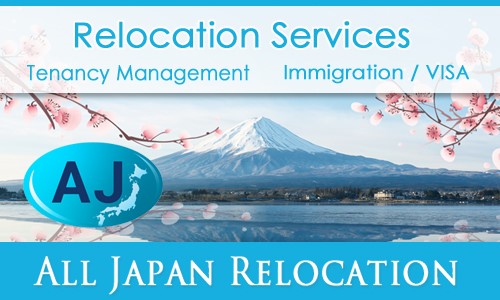Which Visa is Right for My Business in Japan?

This article is contributed by Kreston Proworks, who has incorporated over 1000 companies in Japan.
Japan continues to draw global attention as a destination not just for tourism, but for relocation. With its clean, safe cities, low crime rate, rich cultural heritage, world-class cuisine (including more Michelin-starred restaurants than any other country), and high standard of living, it’s no surprise that more and more people are looking to move to Japan.
For those aiming to build a life in Japan, several visa options are available. Individuals can enter as students, on working holiday visas (if their country has a bilateral agreement), or with a standard work visa sponsored by an employer. However, one of the most attractive options is the Business Manager Visa. This visa allows recipients to start and manage a business, work independently, and choose their own work-life balance. It also offers a faster route to Permanent Residency, often considered the “golden ticket” for long-term life in Japan. The main requirement? An initial capital investment of 5,000,000 JPY to establish and operate your business.
For many entrepreneurs, this financial requirement is relatively modest, especially when compared to other countries. For example, South Korea requires the equivalent of 30,000,000 JPY for its version of a business manager visa. This affordability has led to a surge in applications, particularly from regions such as China, where many applicants are seen as “buying” a visa simply to gain residency, without a genuine intent to operate a business.
In recent news, there have also been cases where people have been setting up paper companies, to then hire foreigners to obtain a work visa, and then eventually making them a director of the company for a business manager visa. Of course, all for a cost. An example of this can be found with an arrest of a Sri-Lanken businessman in Chigasaki, Kanagawa, who was doing just this with over 600 paper companies which seems to have really spurred this change.
The Change

In response to this trend, the Japanese government is actively considering increasing the capital requirement to somewhere around 30,000,000 JPY to bring it in line with other developed nations and reduce potential abuse of the system. On top of this, it will be a requirement for the company to hire at least 1 full time staff member. It is not confirmed if this full-time staff member will need to be a Japanese national or Permanent Resident, but this very well could be the case. It is also not confirmed yet how this will affect renewals, and whether people currently on business manager visas will be grandfathered in, which from our experience is usually the case for these bureaucratic changes.
Business Manager Visa vs Start Up Visa
In light of these rising costs, many applicants turn their attention to an alternative: the Start-Up Visa. At Kreston Proworks, we frequently receive inquiries about this visa, as it is marketed as a low-cost, low-barrier option for foreigners to live in Japan and start a business. On the surface, it promises minimal financial burden and low risk.
However, the reality is far more complex. As of 2025, the Start-Up Visa is widely regarded by professionals as a more limited and less effective option than the Business Manager Visa. While it offers certain initial advantages, such as access to local government-sponsored incubation support and the ability to apply with minimal initial funds, these benefits are often overshadowed by substantial limitations.
For instance, Start-Up Visa holders must submit to monthly evaluations and progress checks by the local municipal government. These reviews are discretionary, and if officials determine that the business is not developing as expected or will not benefit the local community, they can revoke the visa at any time. The visa is issued for six-month increments, with a maximum duration of just two years, after which the applicant must transition to a Business Manager Visa to remain in Japan and legally run the business.
Even more critically, companies under the Start-Up Visa cannot engage in sales, sign contracts, or earn revenue in Japan during the visa period. Opening a corporate bank account is also prohibited, and the number of grants and subsidies available to Start-Up Visa holders is significantly more limited than those available under the Business Manager Visa. Additionally, the Start-Up Visa application process tends to be slower, and approval rates are lower, making it an unreliable pathway for serious business development. As of right now, the start-up visa is only practical for people who want to be in Japan to just set up their company, such as incorporating, getting office space, doing market research, networking, setting up the infrastructure and pre-hiring local talent without earning revenue.
Because of these challenges and the limited scope, we at Kreston Proworks typically advise our clients to aim directly for the Business Manager Visa, particularly if they can meet the current 5,000,000 JPY capital requirement. This route provides a more stable status, the legal ability to operate and generate profit, full access to banking services, and a clearer, faster path to permanent residency and long-term growth in Japan.
Until the Japanese government undertakes reforms to make the Start-Up Visa more practical, or enacts tighter restrictions on the Business Manager Visa, it remains the latter that offers the most straightforward and effective route for entrepreneurs looking to enter and thrive in the Japanese market.
Meet Kreston Proworks
Kreston Proworks is a bilingual consulting firm offering comprehensive support for businesses entering Japan, including company setup, visa assistance, accounting, payroll, and tax services. As part of the Kreston Global network, which spans over 750 offices in 110 countries, the firm helps foreign entrepreneurs and companies navigate the Japanese market successfully.

















